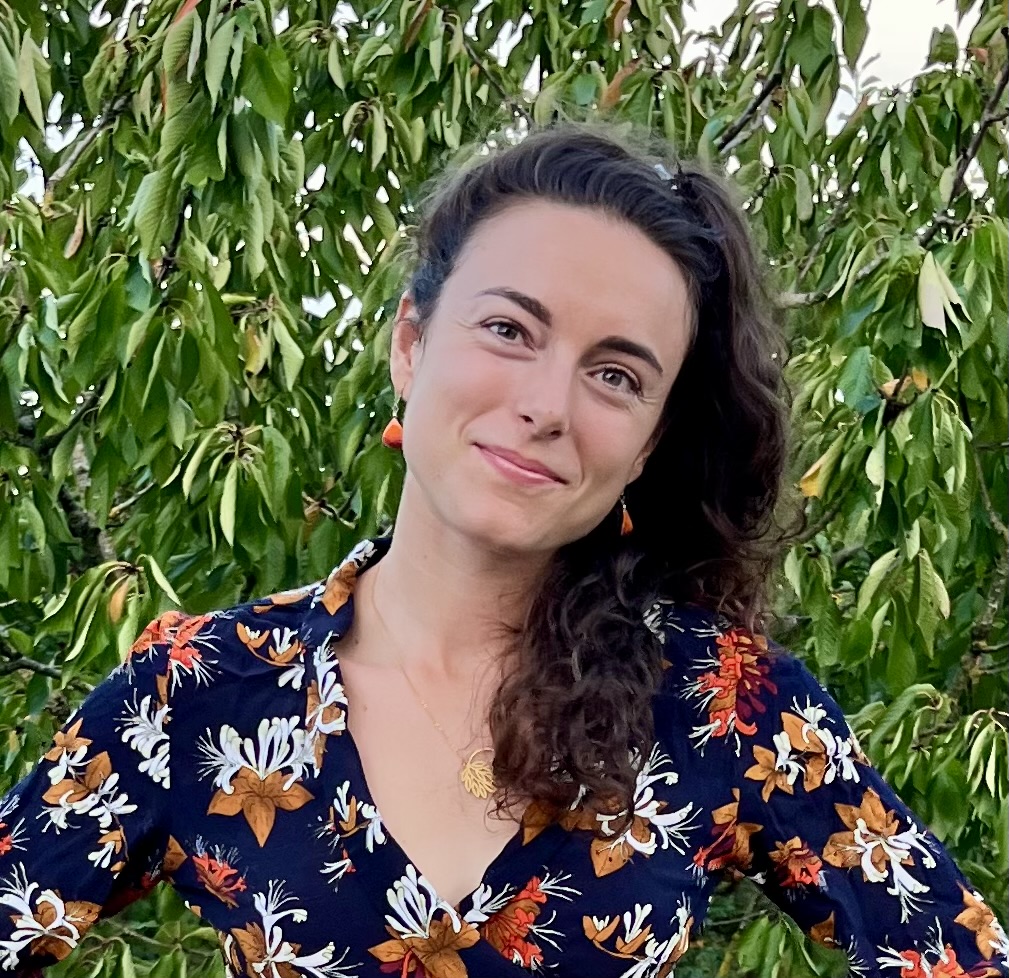
Collaborateur bénévole
Gwenaelle Deconninck
DoctoranteCoordonnées
Thèmes de recherche
Thermal preference plasticity and fitness of an invasive polyphagous insect in heterogeneous environments
Climate change has a strong impact on insects, including changes in phenology, distribution area or population extinction. The capacity for behavioral thermoregulation then becomes a crucial trait when the environment is sufficiently heterogeneous to allow individuals to find areas that are always favorable to sub-lethal. Thermal preference (also called selected temperature) is a central trait in behavioral thermoregulation, but to date very few studies have analyzed in depth the plasticity of this trait and the mechanisms (adaptive or not) underlying this plasticity. The study proposed here consists of analyzing this trait in an invasive insect whose invasion success has been dazzling: Drosophila suzukii. This fly has spread widely in Europe, despite having rather low thermal resistance traits compared to other species. Our hypothesis is that the plasticity of the thermal preference allows this fly to constantly make the "right choices" by selecting favorable microclimates during all seasons. This polyphagous fly causes significant economic damage, and its ability to lay and develop in a wide range of fruits (cultivated and wild) must play a role in this success. The thesis consists in determining the interaction between temperature and the resource (identity of the fruit) in the success of Drosophila suzukii. Are there tradeoffs between host (resource) selection and behavioral thermoregulation? The experiments aim to quantify the plasticity of thermal preference as a function of environmental conditions (thermal and trophic). The thesis will identify the adaptive value (fitness) of the thermal preference plasticity in a context of climate change.
Activités / CV
- Deconninck G*, Boulembert M*, Eslin P, Couty A, Dubois F, Gallet‐Moron E, Pincebourde S, & Chabrerie O. In review. Fallen fruits: a back-up resource shaping fruit fly communities. Agricultural and Forest Entomology.
- Deconninck G, Larges J, Henri H, Beaugeard L, Foray V, & Pincebourde S. In review. Wolbachia improves the performance of an invasive fly after a diet shift. Journal of Pest Science.
- Kidyoo A, Kidyoo M, McKey D, Proffit M, Deconninck G, Wattana P, Uamjan N, Ekkaphan P & Blatrix R. 2022. Pollinator and floral odor specificity among four synchronopatric species of Ceropegia (Apocynaceae) suggests ethological isolation that prevents reproductive interference. Scientific Reports, 12, 13788. doi: 10.1038/s41598-022-18031-z
- Kidyoo A, Kidyoo M, Blatrix R, Deconninck G, McKey D, Ekkaphan P & Proffit M. 2021. Molecular phylogenetic analysis and taxonomic reconsideration of Ceropegia hirsuta (Apocynaceae, Asclepiadoideae) reveals a novelty in Thailand, Ceropegia citrina sp. nov., with notes on its pollination ecology. Plant Systematics and Evolution, 307: 14. doi: 10.1007/s00606-020-01723-2
- Deconninck G & Gerakis A. 2021. Influence of scarification method on seed germination of the terrestrial orchid Anacamptis laxiflora (Lam.). The EuroBiotech Journal, 5(1): 15–23. doi: 10.2478/ebtj-2021-0004
- Katsalirou E, Gerakis A, Haldas X & Deconninck G. 2017. Optimal Disinfection Times for Seeds of Mediterranean Orchids Propagated on Nutrient Media. European Journal of Environmental Sciences, 7(2): 119–24. doi: 10.14712/23361964.2017.10
